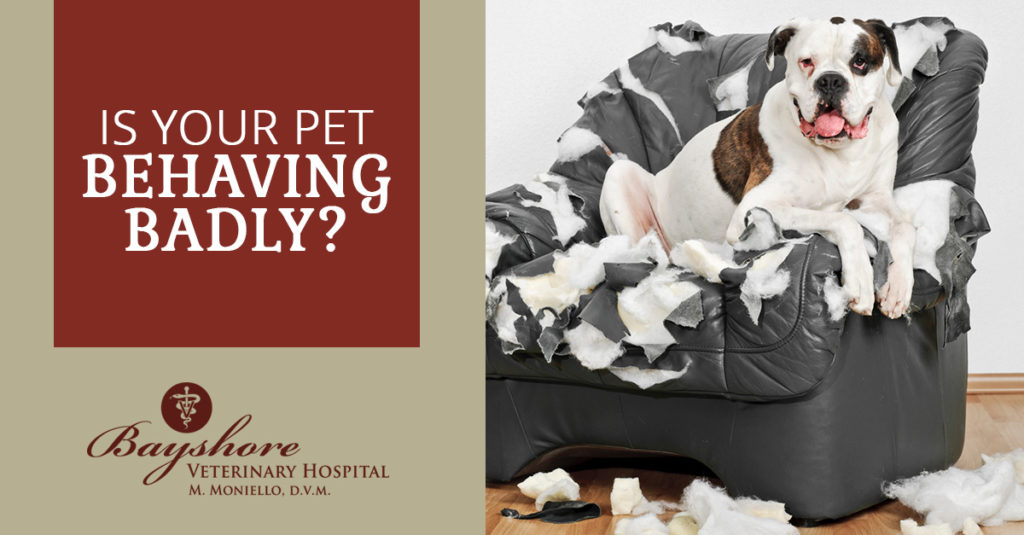When an owner expresses frustration over behavior issues with a pet, the first step is to gather as much information as possible about the problems they’re experiencing. Often, what the owner considers undesirable, is normal behavior for the breed, or life stage of their pet. Some common breed specific behaviors, in companion animals, that may be a source of discord are:
– Strong Prey Drive
– Wanderlust
– Barking/Howling…Excessive Vocalization
– Intolerance of Being Alone
– Dog Dominance
– Biting/Snapping During Play
– High Energy
– Aloof/Independence
– Stubbornness

Obviously, assertive/independent breeds are not a good choice for first-time owners, but owners who are experiencing breed specific behaviors can often find help by gaining an understanding of their breed, tempering their expectations, and working with an experienced trainer to develop the techniques of dog and cat behavior modification and positive reinforcement that will help foster a mutually gratifying relationship. Cat owners experiencing what they perceive as destructive behavior can most often restore harmony by viewing their environment through the psyche of their cat…creating enrichment opportunities for their pet…introducing scratching posts, creating climbing perches, and even considering the addition of a sibling cat.
Let’s look at some other common behavior problems…
Health Related Issues May Include…
– Age Related Cognitive Dysfunction
– Urinating outside the box for cats
– Aggressive Response to Stimuli
– Anxiety/Fearfulness
Changes in Environment or Family Dynamic, as well as Traumatic Events May Evoke…
– Excessive Guarding
– Phobias (fear of walking on certain surfaces or past certain rooms)
– Excessive Vocalization
– Separation Anxiety
– Fleeing
– Defensive/Fearful Response
Pathologic, Genetic, or Mental Health Defects Often Result In…
– Unpredictable Aggression Towards Owners as Well as Strangers
Changes in behavior, or unwanted/undesirable behaviors should always be discussed with your veterinarian, and the first course of action should be a comprehensive physical exam to rule out an underlying health problem. The journey to restore balance can include medication, training for both the owner and the pet, environmental changes, and the establishment of realistic expectations on the part of the owner. While some behaviors are more of a nuisance or annoyance, when aggression is present, rapid intervention is imperative to ensure personal safety. In instances of Pathologic, Genetic, or Mental Health Defects, the prognosis for resolution is, unfortunately, guarded.
Your veterinarian is your best resource for identifying the source of unwanted behaviors, and mapping a course of correction. If you’re experiencing problems or have concerns, don’t wait…call (732) 671-3110 for an appointment!
